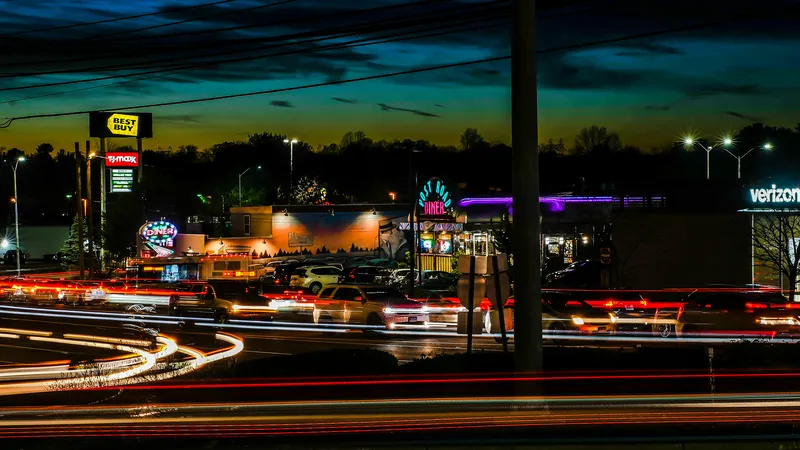Turo carried out a poll of 2,000 UK motorists which revealed the average Brit spends under nine hours a week behind the wheel.
UK drivers also leave their car unused for three days each week, the company adds.
Xavier Collins, Turo’s UK director, says many drivers spend a small fortune on cars but never realise their full potential.
“For the vast majority of adults, their car sits unused for most of its life. All the time it is unused, it could be earning money and repaying that investment,” Collins adds.
Findings show the average UK driver’s car is worth more than £14,000 and costs a further £1,118 each year in servicing, MOTs and upkeep.
Other findings show that 40% of UK drivers have gone two weeks or longer without using their car – with holidays being the most common reason.
Despite this, half of respondents say they would not allow anyone else to drive their car because of insurance issues.
Collins reveals the company has joined forces with financial services company
“Cars have, for too long, been our most depreciating investment but that doesn’t have to be the case anymore,” Collins adds.
In the US,
Drivers ‘could make £500 a month’ via peer-to-peer car rental, says Turo
UK drivers could earn £500 a month by making their idle vehicle available to renters on Turo’s peer-to-peer car-sharing service, the company says.
Turo carried out a poll of 2,000 UK motorists which revealed the average Brit spends under nine hours a week behind the wheel.
UK drivers also leave their car unused for three days each week, the company adds.
Xavier Collins, Turo’s UK director, says many drivers spend a small fortune on cars but never realise their full potential.
“For the vast majority of
November 12, 2018
Read time: 2 mins
UK drivers could earn £500 a month by making their idle vehicle available to renters on Turo’s peer-to-peer car-sharing service, the company says.









